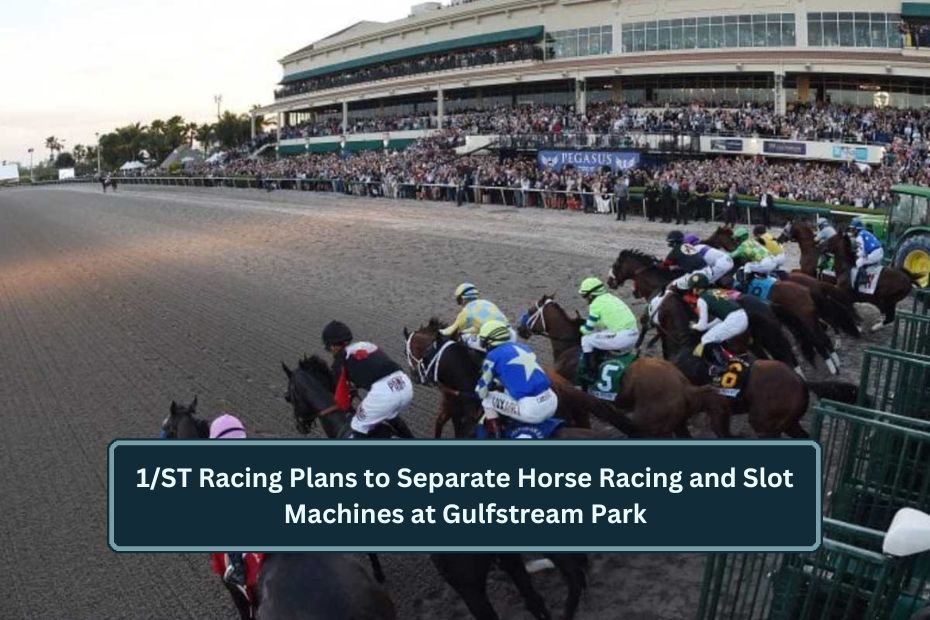1/ST Racing, the company that owns Gulfstream Park in Florida, is pushing for changes to state laws that would allow it to separate live horse racing from its slot-machine operations. This move, called “decoupling,” has stirred up debate about the future of Gulfstream Park and the horse racing industry in Florida.
What Is Decoupling and Why Does It Matter?
Decoupling means that companies like 1/ST Racing would no longer need to run live horse races to keep their slot machine licenses. Supporters believe this could allow Gulfstream Park to grow by building new attractions like hotels and standalone casinos. However, some people worry that this change could harm the horse racing industry.
Eric Hamelback, CEO of the National Horsemen’s Benevolent and Protective Association (NHBPA), strongly opposes decoupling. He argues that separating racing from slots could hurt horse racing in the long run and affect the livelihoods of horsemen.
Why Some People Support the Change
Not everyone is against the proposal. Herb Oster, director of the Florida Thoroughbred Horsemen’s Association (FTHA), said his group supports the change. According to Oster, the agreement includes benefits like increased prize money for races, better support for retired racehorses, and improved worker compensation programs.
Oster also explained that the proposed law gives Gulfstream Park flexibility to bring in private investors. These investors could fund new developments, which Oster believes would help keep horse racing alive at Gulfstream Park.
Concerns About the Future of Horse Racing
While some stakeholders are optimistic, others remain cautious. Trainer Joe Orseno pointed out that 1/ST Racing ultimately has the power to shut down racing if they choose. He believes the horsemen have little influence over the company’s decisions, as the company is likely to proceed with its plans regardless of opposition.
The closure of other racetracks, such as Golden Gate Fields in California, has fueled skepticism about 1/ST Racing’s commitment to the sport. Similar decoupling efforts in the past led to the closure of other racing venues in Florida.
What Does This Mean for Gulfstream Park?
According to 1/ST Racing, these changes would help secure the future of year-round horse racing at Gulfstream Park. The company plans to use the flexibility to improve the property and enhance its offerings. While some fear that this could be the beginning of the end for Thoroughbred racing in South Florida, others believe it’s a necessary step for growth and survival.
The Bigger Picture
This debate highlights the challenges facing the horse racing industry in the modern world. As entertainment options and gambling methods evolve, traditional venues like Gulfstream Park need to adapt to stay competitive. Whether this move will save or hurt the sport remains to be seen.
Visit Home

